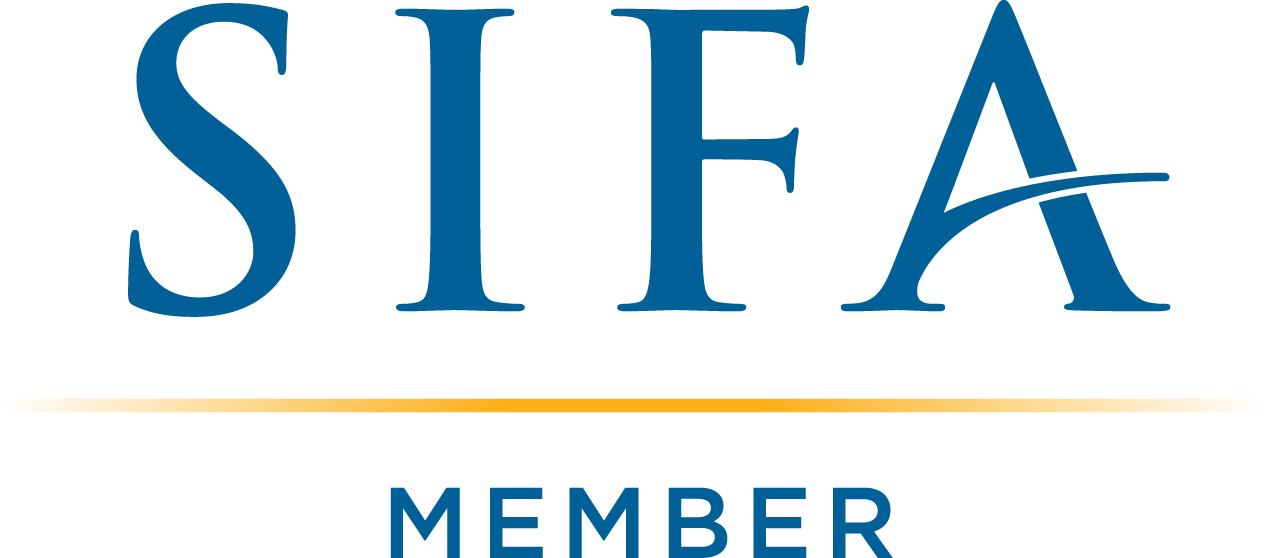
A Guide To Our Top Financial Resolutions for 2021
20th January 2021The start of a new year is commonly known as a time for people to make resolutions like starting a new fitness activity, cooking healthier meals, or scheduling in time to read a book that has been on the shelf for far too long; but how many of us think about what financial resolutions we would like to make and ensure they are realistic so we can stick to them for 365 days?
In this article, we will discuss some resolutions that will help you to keep on track with your finances and expenses for the year ahead.
Make a financial plan
The start of a new year is a great time to re-evaluate your financial objectives and with 2020 showing us how unpredictable our world can be, we advise you to be flexible with these goals.
We understand that this can be a complicated process which is why we believe in offering all of our clients tailor made, impartial advice ensuring that your finances are equipped to support your life choices. If you instruct us to assist with your financial planning we will review and evaluate your current overall financial position, which may include assets and liabilities, and look at your income and expenditure. Throughout this process we will work together to develop a strategy which will create a “route map” for achieving each goal.
Create better money-saving habits
By being aware of your cashflow you can become smart with the money you are spending. Try these tips to reduce your outgoing costs to help meet your financial goals.
- Do you have any subscription services on your mobile phone that you no longer use? Have you checked to see whether you still pay for this service? We would recommend you spend some time going through and delete any unwanted subscriptions or fee-paying apps that you no longer use.
- Eat more home-cooked meals, rather than spending out on takeaways. With the lockdown giving us less choice and more opportunity to cook from our kitchens, feel inspired to try out new recipes or re-create the foods that you are ordering! You might be surprised just how much you can save each month by forming these new habits, which in turn could be put into a savings account or invested.
- Shop around – you’ve no doubt heard of comparison websites for insurance and household bills, use them and contact insurers direct for quotes. You may save money on phones, car insurance, life insurance, internet & TV packages, household insurance, electricity, gas, pet insurance and more…
- TV Subscriptions – there are many TV subscriptions like Prime, Netflix, Now, Britbox etc. Ensure any you subscribe to you are actually using, if you aren’t cancel them. Sometimes they will offer cheaper rates on cancellation.
Create an emergency fund
Many people during the Covid-19 pandemic have lost their jobs or have had to accept a reduction in their salaries. This highlights how important it is to have a contingency fund so that if suddenly you need some capital you have a fund to fall back on. It is worth noting that your emergency fund must work with your general financial plan and not against it.
Consider investing your money
Investing your money can be a great way to pursue long-term growth, especially whilst interest rates on savings accounts are at an all-time low. Putting your money into a savings account limits any risk, however with living costs rising your savings could be decreasing simultaneously.
If you need assistance with your finances, our independent financial advisors can help you. Contact us today by telephone on 01392 346464 or e-mailing





